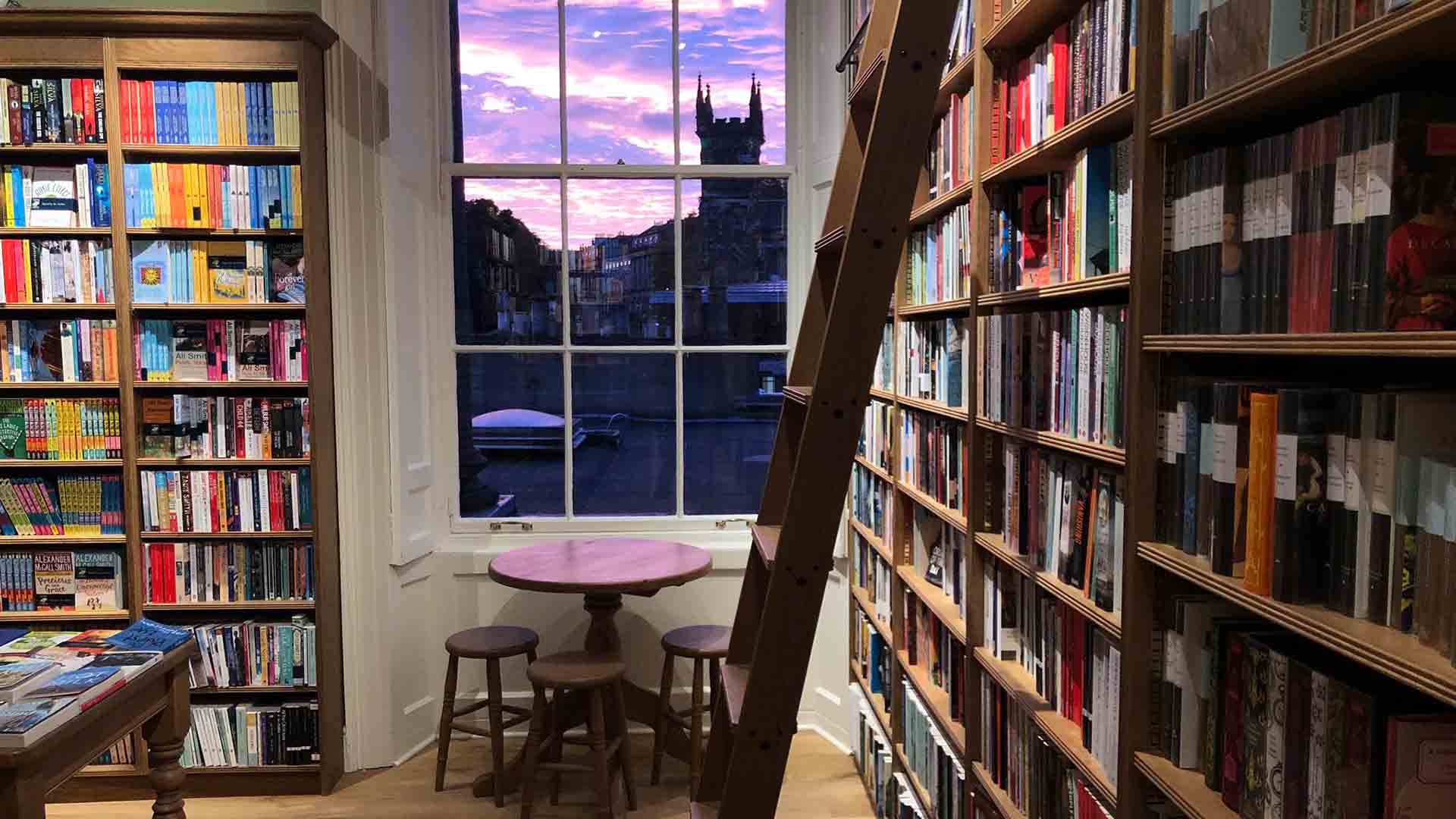Bookshops cannot do what they do in a vacuum
Bookselling is an interesting landscape. In the liminal space between retail and the creative industries, it occupies an emotional, political, cultural, social and transactional area in the minds of its customers, the media and the industry itself. It can be hard to define which part of the bookselling identity is most important—retail or creative—but the truth is, it’s always (at least) both…
Whether small indies or chain flagship stores, bookshops share more than what separates them, it is clear—and that was writ large in the Booksellers Association’s report published last week investigating the cultural role and value of independent bookshops in England. The report, commissioned by Arts Council England, laid out in unambiguous terms the fantastic contributions made by English bookshops, which stood for bookshops large and small across the nations of the UK, and in Ireland.
We need the other parts of the book trade’s ecosystem to acknowledge and support the bookselling sector more
Working on the report with my colleagues and its author made me feel very proud of the work done by bookshops, and proud too of our ability to pull together the evidence of that contribution.
For the truth is, bookshops can’t do what they do in a vacuum. Now, more than ever, bookshops are part of a complex ecosystem. More than any other part of that ecosystem, bookshops have had to contend with potential extinction as wave after wave of disruption came at them through the 1990s and 2000s.
Only during the pandemic did the wider industry really, truly realise how steadfast, stalwart and invaluable those “lantern bearers of civilisation” (as Philip Pullman once called bookshops) were to us—to our knowledge of ourselves, to the identity of our high streets, to the health.
And we need the other parts of that ecosystem to acknowledge and support the bookselling sector more. Booksellers are equal partners in this endeavour. The events space, for instance, is a crucial way to break new authors, build writers’ careers and create cultural hubbub and joy. But if publishers opt to use superficially attractive, but actually dangerously disruptive, third parties to deliver those events, rather than insisting on working with a range of events providers for the whole ecosystem, then we are in big trouble.
If publishers don’t seek to understand the fragile economics of running a small independent—and the risks taken by brave, entrepreneurial and creative individuals— and use imagination to invest in allowing those bookshops to thrive commercially, then we are in big trouble.
If publishers don’t seek to understand the fragile economics of running a small independent—and the risks taken by brave, entrepreneurial and creative individuals—then we are in big trouble
The book industry has always been an unlikely amalgam of the very large and the unfeasibly tiny, the stellar famous and the unknown—each part of the business circling, supporting and reinforcing the others. We need, in the noisy environment we all inhabit, to take a moment, take a breath, take a beat, to understand the value of what we have, and to invest in it; to build it, and to support those booksellers taking books to readers.
We’ll be talking about all this at the BA Conference this weekend, and we’ll look forward to coming out of that gathering more energised, more inspired and ready for the battle that is Christmas trading. We look forward to working with all our industry partners as we do that.
Meryl Halls is managing director of the Booksellers Association. The BA Conference will take place 22nd and 23rd September at Hinckley, Leicestershire

















